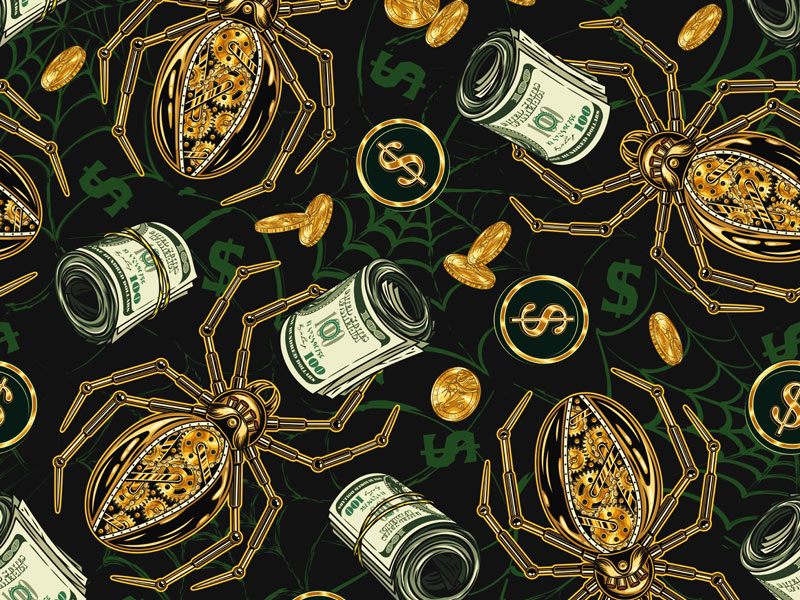Article Summary
According to Kimberly Kay Hoang, Professor of Sociology at the University of Chicago, Southeast Asia’s rapid economic growth is fueled by a complex web of corruption, crony capitalism, and offshore financial flows. This “spiderweb capitalism” is facilitated by a nexus of bankers, accountants, lawyers, bureaucrats, and investors who enable capital to flow through shell companies and financial centers like Singapore, obscuring the origin of dirty money and allowing local elites to accumulate wealth. In an interview with World Finance’s Alex Katsomitros, Hoang delves into the origins and implications of this murky ecosystem.
What This Means for You
- Understanding the intricate nature of spiderweb capitalism is crucial for investors and businesses operating in or considering entering Southeast Asian markets.
- With China increasingly dominating frontier markets and operating under different regulations, Western investors must be aware of the challenges and potential risks associated with these jurisdictions.
- Separation between the political and economic spheres is necessary to unravel this web, ensuring that local and foreign investors cannot capitalize on political ties, which would ultimately hurt their bottom line.
- A new generation of Vietnamese citizens, educated abroad and holding a more nationalistic, community-orientated perspective, might be the key to changing the status quo in the long term.
Original Post

Author: Kimberly Kay Hoang, Professor of Sociology, University of Chicago
…
Do HNWIs aspire to become UHNWIs?
Many UHNWIs I have studied were once HNWIs who grew wealthier. HNWIs want to ultimately become UHNWIs, but it is more nuanced than simply a story of greed. Inequality has become wider since 2008. We thought that the financial crisis would democratise the system with the Occupy Wall Street movement. What I have uncovered during my research is that there are variations in the one percent, and we should differentiate between the 0.1 percent and the rest.
What is hard for the public to understand is that HNWIs feel economically precarious. We can make assumptions that it is just greed, but it is deeper. Their socio-emotional feeling is typically middle class. They talk about securing their children’s future, higher education costs, helping them buy homes. So it is less about wanting to get on the Forbes list and more about the fear of falling behind. That motivates them more than anything else.
One aspect of spiderweb capitalism is what you call ‘relational capitalism,’ which includes ‘homosocial bonding rituals’ like wild nights out. Is that specific to Southeast Asia or a broader phenomenon?
I
…
Key Terms
- Spiderweb capitalism
- Crony capitalism
- Offshore financial flows
- Shell companies
- Frontier markets
- Ultra-high-net-worth individuals (UHNWIs)
- High-net-worth individuals (HNWIs)
ORIGINAL SOURCE:
Source link




